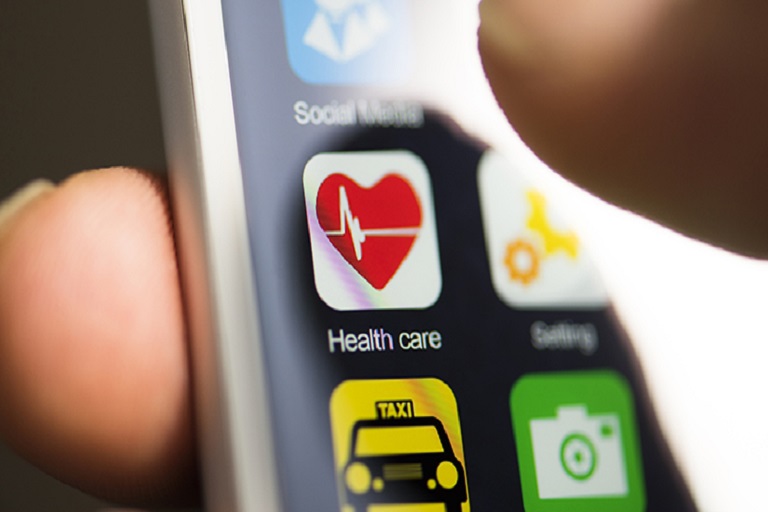While there is a large and growing market for remote patient monitoring technologies, with particular benefits for the older population, simplification of connection technologies – Bluetooth for one – will be key to the broader adoption of RPM in 2020.
The vast majority of hospitals and health systems – 88 percent – have invested in or plan to invest in remote patient monitoring technologies as part of their transition to a value-based care model, according to a 2019 Spyglass Consulting report.
Smartphones and tablets are among the mobile technologies in focus, which can be combined with telehealth video conferencing and healthcare wearables, as well as the deployment of electronic health record-based patient portals.
“There are now numerous RPM solutions out there, including a select few that have had very positive outcomes toward meeting the quadruple aim – improved patient experience, improved clinical experience, better outcomes and lower costs,” Eric Rock, CEO of Vivify Health, a provider of connected healthcare delivery solutions, told Healthcare IT News.
He noted there has also been a shift to greater commitment to value-based care and improved home care, especially from government-led initiatives which new RPM reimbursements have helped to drive.
“As we see it, 2019 was kind of the trial run or dress rehearsal for RPM reimbursement; 2020 will be the culmination of all those efforts,” he said. “It is all these waves that will combine in a perfect storm for RPM in 2020.”
He noted, however, that a basic, narrowly focused app that only connects to a limited number of devices has been shown to be insufficient to accomplish large-scale cost reductions and improved health.
“What’s necessary is a multi-condition platform driven by engaging content and a clinical backend that scales population health delivery,” Rock said. “We need apps that can handle multiple conditions across a wide range of devices to fulfill the true potential of RPM while remaining affordable.”
He said those devices must also have intelligence built into them to help filter all this incoming data and guide providers or care coordinators to activities or events that requires their attention – otherwise, the data becomes noise to providers and it gets ignored, similar to alert fatigue with EHRs.
“All of this must also be connected to the existing healthcare infrastructure including security and communications standards such as HIPAA and HL7,” Rock explained. “If we can do all of that, and I believe it’s possible in 2020, we will change healthcare – and change lives.”
Harry Soza, CEO of CAREMINDr, Silicon Valley tech company that partners with health plans and providers to advance population health management through RPM, said he sees potential for “significant growth” in RPM in 2020.
“We have clients that are beginning rapid, large scale expansion of their RPM programs after having run smaller pilots during 2019,” he said. “This type of expansion absolutely requires specialized monitoring systems, because RPM care is fundamentally different from the traditional methods of providers interacting with patients.”
Soza said RPM requires a “fundamental change” in how a provider system organizes itself and its relationships with patients, because it is non-face-to-face, and requires a patient to become a responsible, engaged partner with their doctor – which brings new types of challenges related to the business of delivering care.
“Many of the barriers hindering expansion of RPM programs can be solved through a blend of business management and new technology approaches,” he explained. “Acceleration in adoption can only occur when the systems being implemented are easy for provider groups to adopt, but also comprehensive as related to their business needs. This is the largest challenge in the RPM industry today.”
Source: https://www.healthcareitnews.com/news/remote-patient-monitoring-gain-big-momentum-2020


































